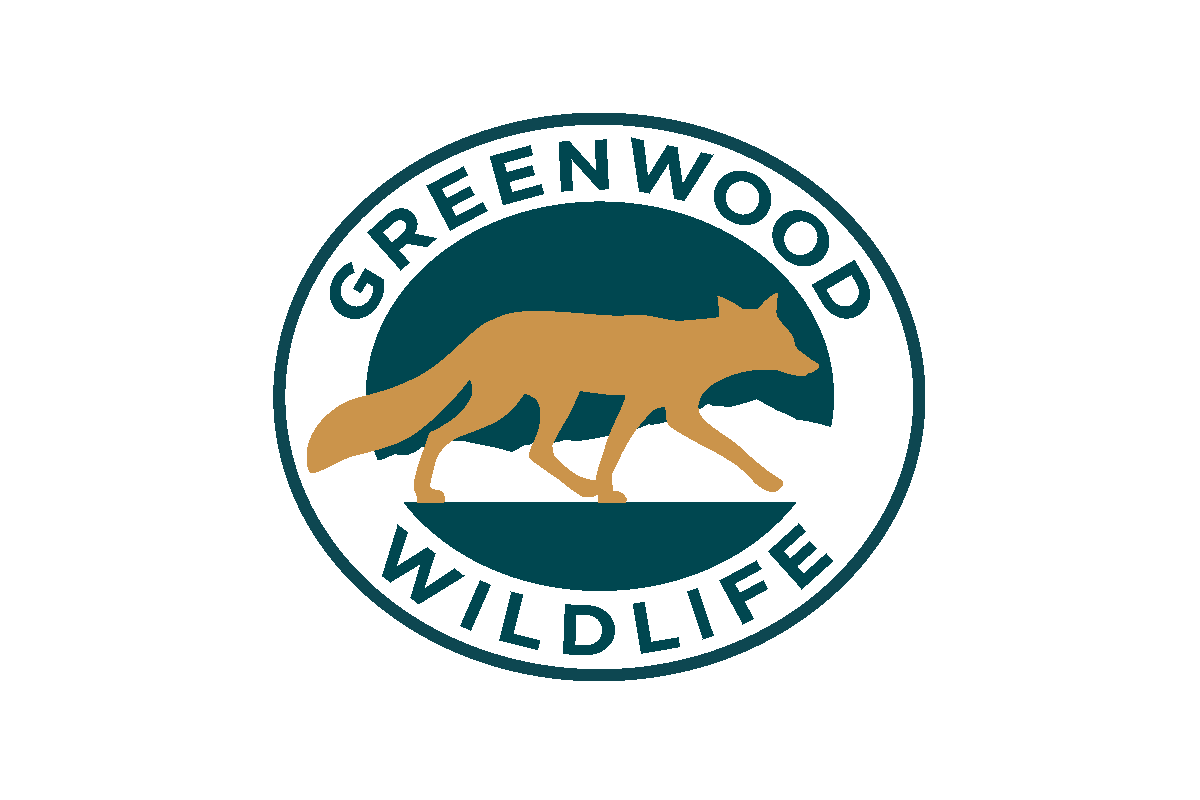Much of Colorado wildlife start to prepare nesting sites for spring babies starting in January. That means there are things we can do to prevent wildlife conflict now before young animals are born. Check out our list of simple tricks around the house that help curb issues with local wildlife.
1. Cap chimney stacks and air vents
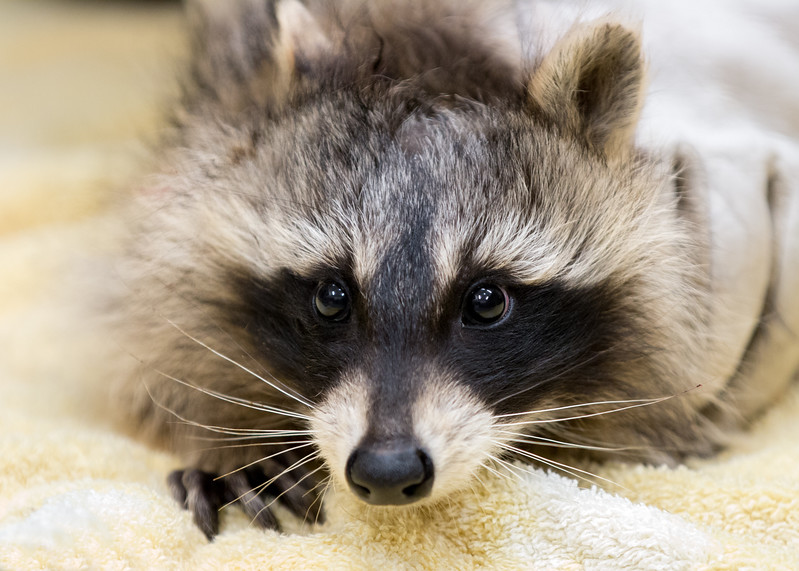
We often hear stories of raccoon families that made their homes in chimneys! You can buy a chimney cap that will keep wildlife out and prevent conflict. Find the caps you need here, at your local home improvement store, or on Amazon. The same goes for air vents on the exterior of your home. Make sure they are capped with sturdy materials and keep the critters out.
2. Repair holes in or around your home’s exterior
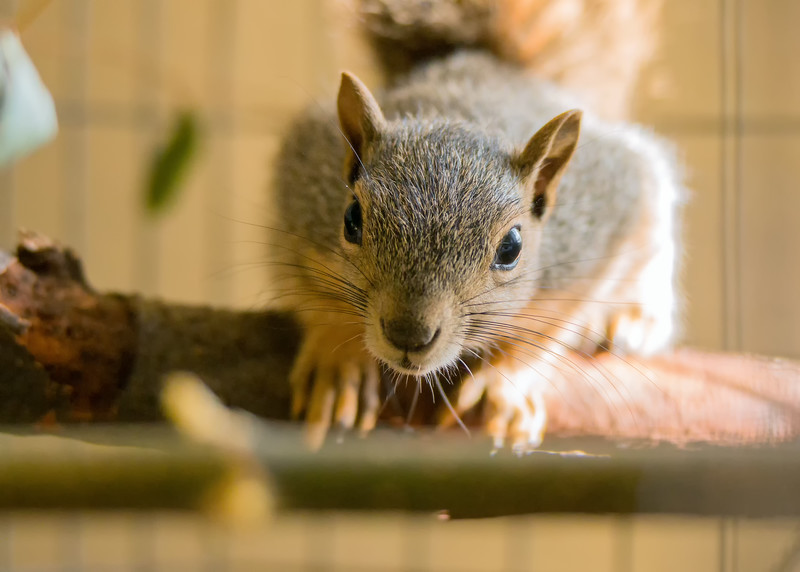
Your home might have several points of entry where an animal could get inside. Walk the perimeter of your house and look for vulnerable areas. Check for holes or gaps in your roof. Pay close attention to crawl spaces, gutters, shingles, and around the chimney. If you find a potentially susceptible spot, you should first confirm that no animals are already living there. To do this, loosely stuff the hole with paper or line the entrance with a ring of flour. Wait 72 hours before checking the hole again. If the crumpled paper or flour was disturbed, you know an animal is still residing there. Use a few humane strategies to evict the unwanted house guest before closing it off. Start by making the space noisy and inhospitable. You can play talk radio nearby or shine bright lights. Another easy yet effective trick is to place soaked rags with 1-part apple cider vinegar and 1-part water in the space. Continue the eviction process for several days, plug the hole again, and repeat until the animal has left the area. Call Greenwood if these methods aren’t doing the trick. Dial 303-823-8455.
Once you are sure there are no animals inside the space, close up the entryway. Patch the wall, seal the crack, or utilize fill fabric for the more tricky spots.
3. Seal or patch your deck
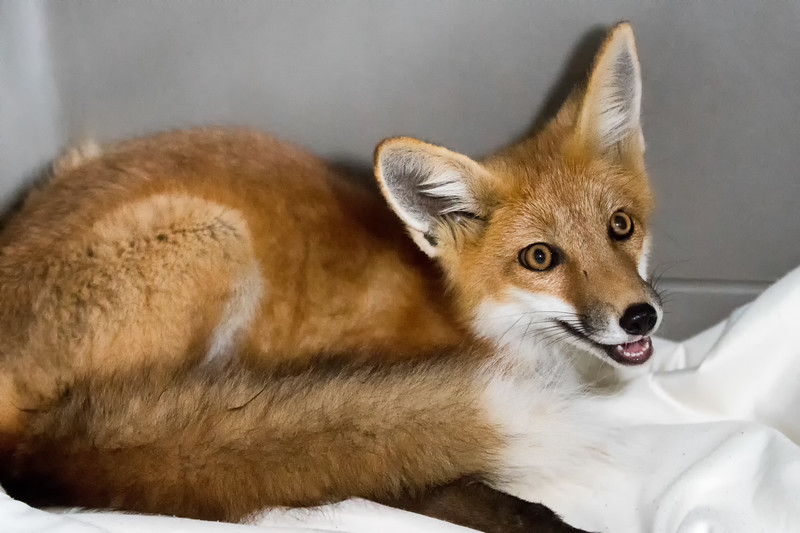
The space underneath your deck is a prime spot for wildlife to call home. Beat them to the punch by covering up any access points with wire mesh panels, lattice, or an underground fence. Make sure to inspect the area first to ensure animals aren’t living there already.
4. Trim trees and tall shrubs
It’s much easier for a squirrel to access your roof if there are branches that hang over your house. Try trimming trees now, before mothers begin constructing nests for spring and after their fall babies have left the nest. When you cut branches well after fall squirrels are born but before spring babies (October – February), you can prevent them from becoming displaced. You’ll also want to cut back shrubbery that animals can use to scale the sides of your house. Thinning out the shrubbery on your property will also prevent many other animals from taking shelter or hiding in the area.
5. Check RVs, boats, stationary cars, and sheds periodically
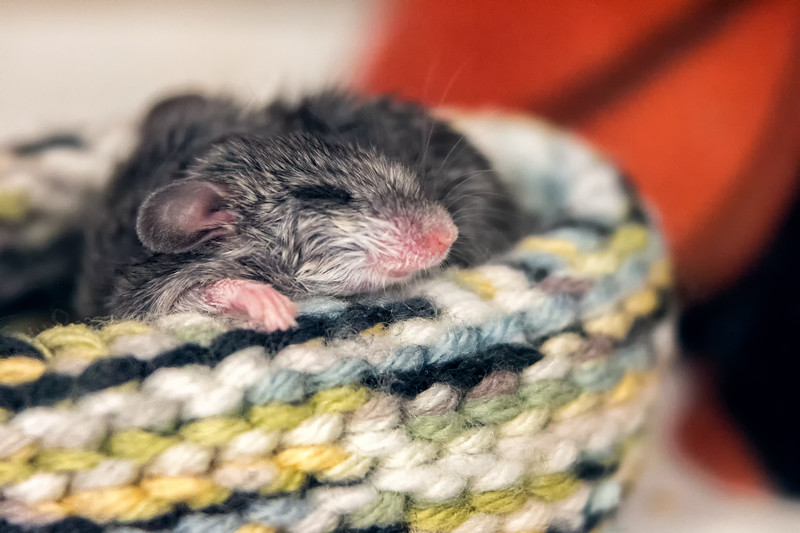
When you are no longer using your summer toys like RV’s and boats, animals might decide they look like a comfortable nesting place. An easy way to prevent critters from taking over is to check these spaces periodically throughout the winter season. Walk around, check doors, and look for trails of stuffing, scat, or food. By making a racket every once in a while, the animal will figure out that the place might not be suitable after all. If you do find an animal residing there, play talk radio or deploy the apple cider vinegar-soaked rag strategy mentioned above.
6. Cover window wells
You might have heard the stories: a moose gets stuck or baby foxes are born in a window well. Animals often get trapped or injured when they fall into the pit, but you can prevent this! Purchase window well covers at a home improvement store near you.
Preventing wildlife conflict is huge when it comes to wildlife rehabilitation. We receive animals every year that have become orphaned because trees were cut down during baby season. Many rabbits come to the Center after falling down into a window well and getting injured. Thank you for doing your part to prevent these issues and keep our wildlife wild. Our community will be a better place to live because of it!
Give Greenwood a call if you have other questions or concerns when wildlife proofing. 303-823-8455
